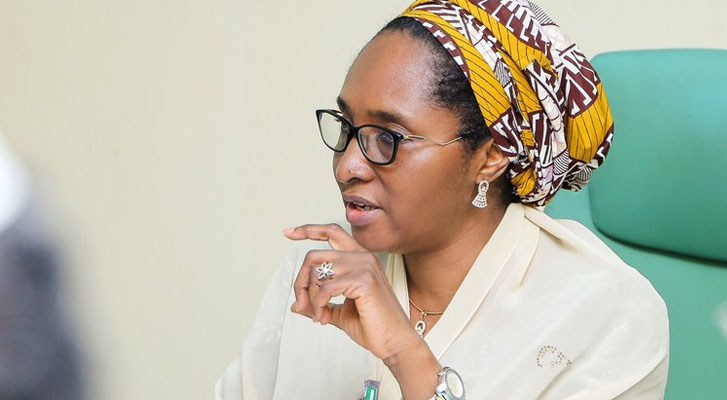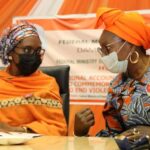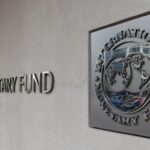In its continued efforts to build back better, the Federal Government is looking to proactively close the sustainable development goals (SDG) funding gap in Nigeria.
It is the belief of the government that “it is critical that we work to proactively close the SDG funding gap, in part through meaningful private sector engagement and through ongoing reforms, aimed at enabling the business environment, creating the right fiscal space for investments, and supporting the diversification away from oil and gas.”
At the SDG Investor Maps Facilitation United Nations Development Programme (UNDP) in Abuja, Mrs. (Dr.) Zainab S. Ahmed, Honourable Minister of Finance, Budget and National Planning, said in her opening statement that successful implementation of Nigeria’s sustainable development agenda requires innovative financing, meaningful private sector engagement, and the strategic deployment of development funds.
She stated that, “this is especially true given the challenging fiscal space and increasingly low domestic revenues post-COVID-19. We must foster collaboration at the national and regional levels; between government, civil society, and the private sector; and with international development and financial partner institutions. In particular, the private sector must be better positioned to invest in and support the SDGs.
“There is clear private sector interest and readiness to invest in bankable SDG-aligned investment opportunities. Tools such as the SDG Investor Maps, therefore, ensure that investors are empowered with accurate, country-specific information regarding investment opportunity areas.
Highlighting key interventions and programmes post COVID-19, the Honourable Minister noted: “These are indeed unprecedented times, and our government’s response to the COVID-19 pandemic, under the leadership of His Excellency President Muhammadu Buhari, has been proactive, people-oriented, and aimed at addressing the immediate health crisis, averting a drastic decline in the economy and protecting our most vulnerable.
“We amended the Medium-Term Fiscal Framework and the 2020 Appropriation Act; are currently implementing a multi-sector Economic Sustainability Plan; introduced a fiscal stimulus package of N2.3 trillion (about $5.9 billion) to reflate the economy and safeguard jobs; and are scaling our social safety net programmes. Through the implementation of Finance Bill 2020, we are providing tax relief and other support to micro small and medium enterprises (MSMEs),” she also stated.
Specific interventions, according to her, include the Finance Bill 2020, which has been drafted in line with the President’s commitment to introduce annual financial bills. The Bill, in her words, “will support the realisation of our 2021 revenue projections; adopt appropriate counter-cyclical fiscal policies; and enhance the efficiency of fiscal incentives to support the 2021 ‘Budget of Economic Recovery and Resilience’.
Furthermore, the August 2020 passage of the amendment of the Companies and Allied Matters Act (CAMA), “will lead to significant reform of the business environment by reducing bureaucratic red tape, encouraging investments, lowering costs, and easing regulatory burdens. Business operations will become easier and seamless, and ultimately businesses will thrive.
On addressing the financing gap, Mrs. Ahmed said: “We continue to be at a critical crossroads when it comes to addressing the financing gap for implementing the SDGs”, hoping to use the event to help mobilise sustainable private sector financing and create the necessary space for policy dialogue and change.
Stating further, she said that the country would be better positioned to grow back better, sustainably, and more inclusively as it ensures collective achievement of the SDGs, through the strategic use of tools such as Nigeria’s integrated national financing framework (NIFF) and the SDG Maps.
The UNDP’s innovative SDG impact initiative, was specifically a programme for developing the SDG investor maps tool aimed at mapping and making available to a range of market-specific country-level investor opportunities to fund the SDGs.






